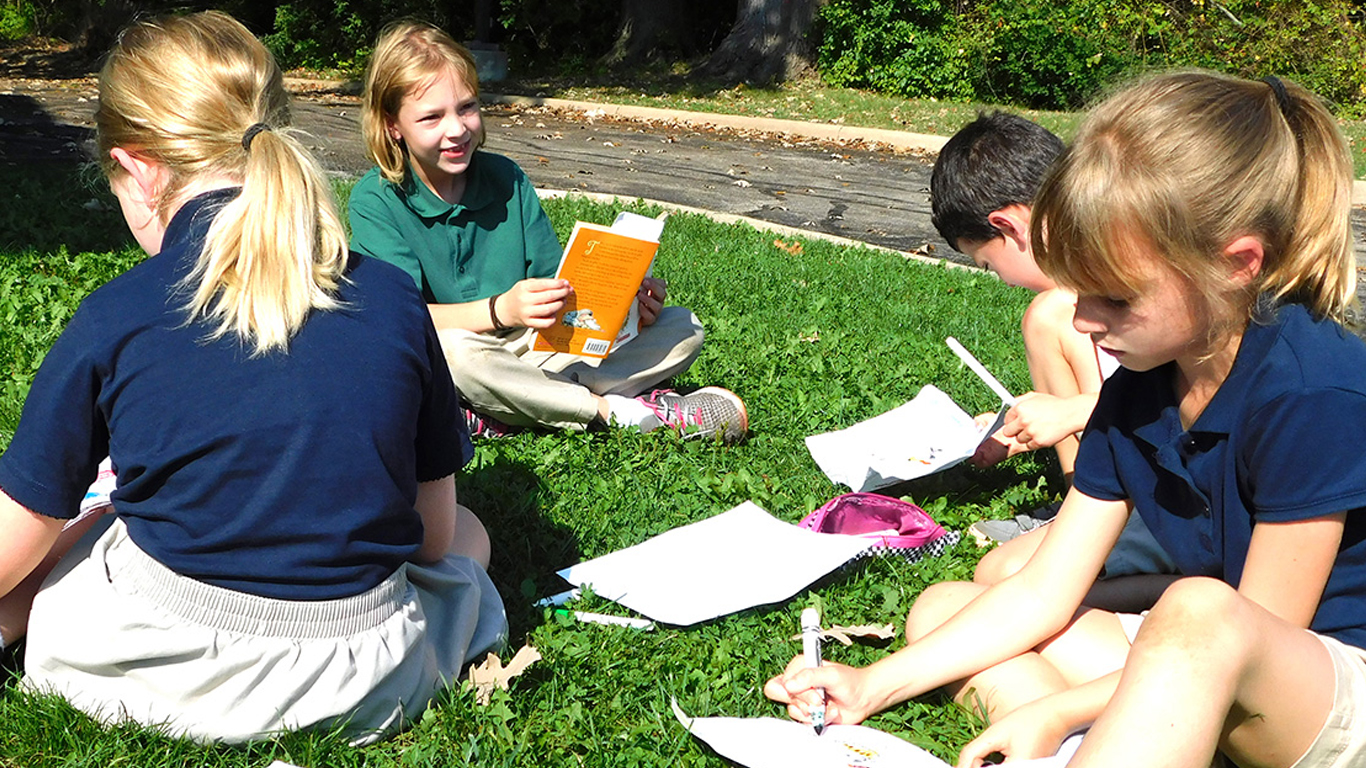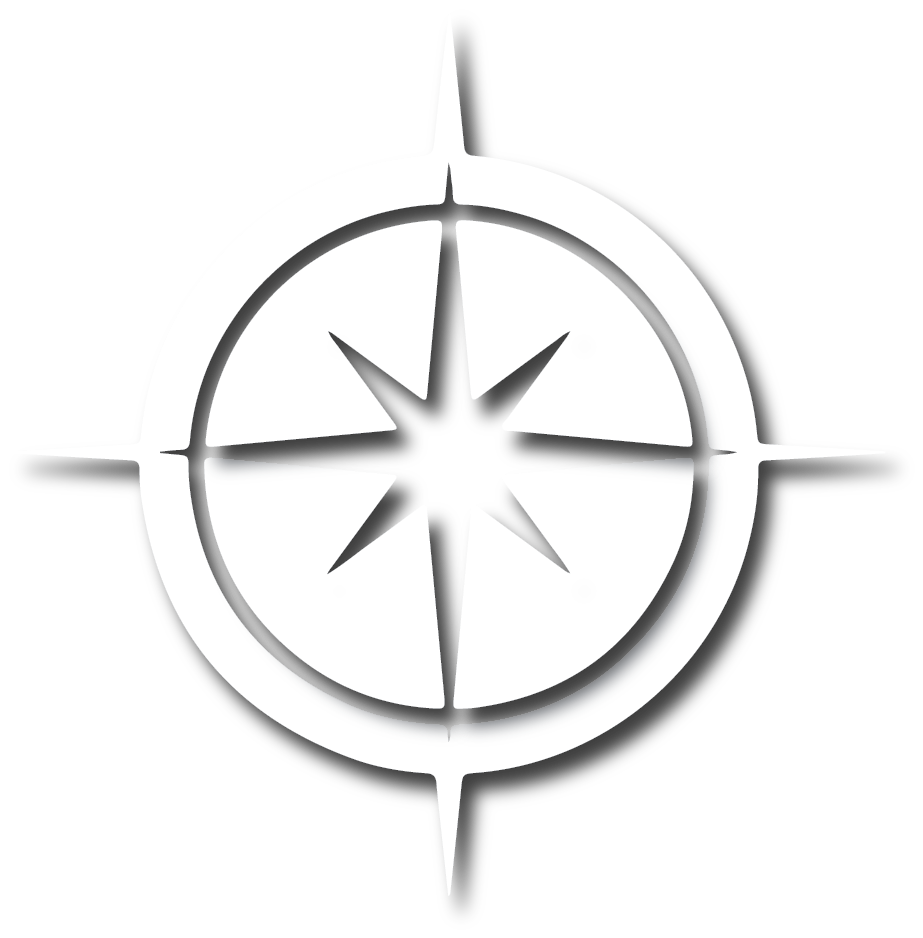It is my honor today to deliver the graduation address to Westside Christian Academy’s Class of 2021. As the entire class has written its senior thesis on imagination, I am going to ask you to use yours as I retell a story.
A young Swiss boy is fascinated by alchemy. He is captivated by the world and curious as to how everything in it works. His learning and curiosity grow as he does. Shortly before leaving for college in Germany, his mother succumbs to scarlet fever. Grieving, he pours himself into his studies, tempestuously working night after night, perhaps at the outset seeking to conquer death so that he would never again have to face such devastating loss. But his motives morph into something more sinister. Alone in a lab, he experiments and discovers a means by which he can bring life to non-living tissue. Beguiled by the prospect of playing god, he then robs the graves of prisoners under the cloak of darkness, harvesting the least decayed of their remains. With delusional hubris, the scientist, Dr. Victor Frankenstein says: “A new species would bless me as its creator and source; many happy and excellent natures would owe their being to me.” With its first breath, the resurrected corpse becomes one of the most grotesque figures imaginable. Frankenstein had used his knowledge for power, which, once unleashed, would leave catastrophic consequences in its wake. In his late night, frenzied scientific inquiries, Frankenstein never asked “What ought I to do?”
Aristotle taught that there are three reasons for seeking knowledge: The first and foremost reason is Truth; the second is moral action, and the third, which he considered to be the least important, is the ability to make things or attain know-how (Kreeft 21). Current educational philosophies focus almost entirely on Aristotle’s third reason for seeking knowledge: the USE of knowledge FOR humans. Such philosophies are almost purely utilitarian and endemically man-centered as evidenced by the common question of many students today: “When will Iever use this?” To students at Westside Christian Academy and to our graduate today, I would say, “You will ‘use’ the knowledge and wisdom that you have learned, absorbed, studied, recited, debated, researched every minute of every hour of every day of every week of every month of ever year because you are not just taught information to “use.” In addition to learning “useful” knowledge, you have been taught according to Aristotle’s first and second reasons for seeking knowledge, which are all-too-often forgotten in modern education: to find the Truth and to act on it. While you have also been equipped to “use” what you have learned in many many different fields, you will be able to begin to successfully answer the most essential question that man can answer in all aspects of his life: “What ought I to do?” This question is not just a question of vocation. It is far more significant in its scope. Today, I hope to remind you, Faith, that you have been equipped with the Truth and trained to act accordingly.
David V. Hicks highlights two of Aristotle’s often-forgotten reasons for knowledge: to discern Truth and act morally. In his Treatise on Education called Norms & Nobility, he writes, “the purpose of education is not the assimilation of facts or the retention of information, but the habituation of the mind and body to will and act in accordance with what one knows” (20). Here you have hidden God’s word in your heart. You have read about historical figures— both heroes and villains. You have read of characters who loved others well and those who have shamelessly harmed others. Here you have learned about friendship and hardship; trial and error; waiting and blessing. You have learned to be a very significant class of one student. You have practiced seeking Truth and acting rightly. May you continue this search for knowledge for these ends.
To our graduate, Faith, I challenge you to look at three key parts to the question, “What ought I to do?” They are “I,” “ought,” and “to do.” We will begin with “I.” First, any individual who seeks Truth will come to know the first Bible memory verse students in WCA’s kindergarten memorize: “All have sinned and fall short of the glory of God,” Romans 3:23. Knowing that we are sinners in need of the Savior is True and determines all things that we do. You have learned that. Second, understanding “I” in relationship to the most pure and powerful, magnificent and mighty, helps us learn that apart from God we can do nothing. Certainly, the knowledge of man’s relationship with God is the foundation, the lynch-pin, that from which all of our actions result. May your understanding of this relationship cause you to always ask: “What ought I to do?”
The next word “ought” means that we must act according to what we should do, not what we are capable of doing. The Bible’s Truth reveals what we “ought” to do all of the time. We can reflect on the Westminster Confession of Faith’s ontological question and response that our first graders learn: “What is the purpose of man?” And its answer: “To glorify God and enjoy Him forever.” What we ought to do is God’s will, to His glory. Such knowledge is not merely book knowledge; this is knowledge that has been trained by the faithful instruction of parents and teachers alike for your benefit and God’s glory. This may seem obvious, but the world tells us that education and the pursuit of knowledge is the key to success— but it is the world’s success.
Peter Kreeft, author of Back to Virtue suggests a perspective different than the world’s in a paradigmatic switch that shakes the foundations of much of today’s thinking about education. Kreeft reminds Christians that the Bible tells us to obey, not succeed (89). This is something, Faith, that you came to this school already knowing, and an important reminder for any who stand at the doorstep of post-secondary education. He points out that in a utilitarian world, our behavior must be “acceptable or appropriate” rather than “good,” or “right,” or “virtuous” or “holy” (89). You see, “acceptable” behaviors are behaviors acceptable to man. When man’s acceptance becomes the standard, we have prioritized pleasing man above glorifying God. Victor Frankenstein knew that what he was attempting was not “virtuous,” for he worked under cover of darkness and in secret, and without the wisdom or guidance of his teachers, those who would have continued to help align his will towards virtuous ends. So students, and especially Faith: surround yourselves with wise counselors who know the Truth, act morally, pursue the glorification of God and seek the same for you, so that they may help you discern what you “ought” to do.
As we ask “What ought I to do?” “I” requires that we understand our rightful position in relationship to God; “ought” magnifies to which standards we should adhere. The third term is “to do.” “Doing” requires that our knowledge must take action. We do countless things during the day. We wake, we pray, we read; we eat; we calculate; we study; we wonder what it would be like to graduate in a class of one, for only one of us knows that. We relate; we imagine; we love; we think; we experiment; we create; we reason. James 1: 22-25 commands:
But be doers of the word, and not hearers only, deceiving yourselves.For if anyone is a hearer of the word and not a doer, he is like a man who looks intently at his natural face in a mirror.For he looks at himself and goes away and at once forgets what he was like. But the one who looks into the perfect law, the law of liberty, and perseveres, being no hearer who forgets, but a doer who acts, he will be blessed in his doing.
“What ought I to do?” Of course, we ought not to do anything that grieves God. This also means that we are neither slothful, hiding our learning, nor are we prideful, boasting of our learning. Our attitudes about our knowledge must be rightly fixed. Here you have learned to do hard things and things that require attention that must be sustained over long periods of time: from final exams that last ninety minutes to a thesis project that spans the course of a school year. In addition to acting upon what we know, we have a responsibility to share our knowledge— whether that be by direct instruction, living by example, or ministering to another. This might look like a young girl willing to forgive the classmate who has taken her pencil; an older brother modeling respect for his mother in front of his younger siblings; a young woman living apart from her family for the first time continuing to make choices that would honor her parents and glorify God; or young parents directly yet gently correcting their child. May you daily be blessed by doing what you know you ought to do.
Readers of Mary Shelley’s novel Frankenstein, repeatedly wish that they could pull Frankenstein aside and tell him what he ought to do, for after a manic pursuit of the scientific knowledge required to bring the creature to life, Frankenstein had “used” his knowledge to create a being that would panic and petrify, manipulate and murder. He had considered himself to be like God, considering his own will and only his. He had acted in secret, outside the oversight of wise counsel, and he had created a monster. There is no guarantee that any human, even those taught rightly, would not pursue power in the way that Frankenstein did; however, there is much hope that the crops of righteousness will be harvested from the many seeds planted and cultivated in the greenhouse of your home and your home away from home, Westside Christian Academy.
So Faith, your world is about to change as you will enter into an unimaginatively large class of freshmen next year, the likes of which you might not yet be able to fathom. In all seriousness, as you head into the next stage of life, go, equipped with an understanding of knowing who you are in Christ; discerning God’s will, prioritizing it over your own; acting responsibly and humbly; and seeking and praying for God’s guidance to determine, even in the smallest of things, “What ought I to do?”
Works Cited:
Hicks, David V. Norms & Nobility: a Treatise on Education. University Press of America, 1999.
Kreeft, Peter. Back to Virtue: Traditional Moral Wisdom for Modern Moral Confusion. Ignatius Press, 1992.







